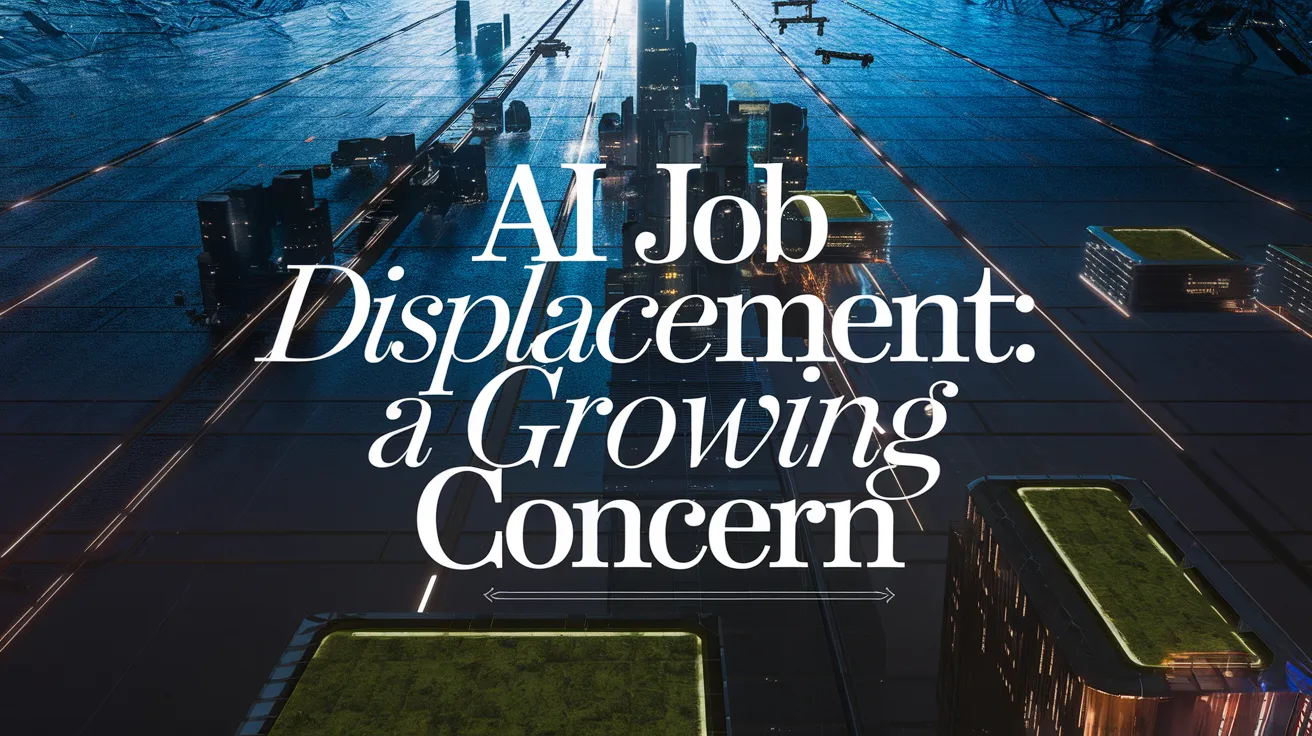AI Job Displacement: A Growing Concern

The discussion surrounding the impact of artificial intelligence (AI) on employment reached a critical point this week, prompted by various statements from officials and new employment reports. On Tuesday, Niamh Smyth, the Minister of State responsible for AI, addressed the Oireachtas Committee on Artificial Intelligence, acknowledging that some level of job displacement is expected due to the rise of AI technologies.
Trends in Graduate Hiring
Simultaneously, the latest ‘Employment Monitor’ released by recruitment firm Morgan McKinley Ireland noted a significant decrease in graduate hiring, particularly among major firms in the accountancy and finance sectors. The recruitment firm emphasized that the adoption of AI is already affecting hiring practices, with companies leveraging AI to automate routine tasks such as accounts payable, receivable, credit control, and payroll.
The report from Morgan McKinley warned that the reduction in graduate recruitment could echo potential shortages of mid-level professionals in the future, as today’s graduates may become critical contributors to firm stability and growth.
Concerns Raised by Industry Experts
Trayc Keevans, Global Director of Morgan McKinley Ireland, highlighted the risks associated with diminishing graduate numbers. “We have certainly learned from the crash of 2008 that it had long-term impacts on workforce development,” she stated, advocating for caution against reducing graduate hiring, which may lead to a future talent shortage.
The automation of entry-level tasks traditionally handled by graduates poses a dual threat: not only does it streamline operations, but it potentially deprives newcomers of essential learning opportunities required to gain practical experience and manage more complex responsibilities.
Implementing AI in AIB
Amid the ongoing discussions about job displacement, AIB made a significant announcement regarding the integration of AI into its operations, conducting a rollout in collaboration with Microsoft Ireland. This initiative aims to minimize the time employees spend on repetitive tasks, allowing them to focus on higher-value work. However, this move raised concerns among trade unions regarding the absence of formal agreements about AI implementation.
General Secretary of the Financial Services Union, John O’Connell, expressed the need for cautious dialogue with AIB to ensure impactful changes are grasped collaboratively, emphasizing the potential for job displacement while recognizing AI’s enabling capabilities.
The Broader Implications of AI
AI-related employment dynamics are not isolated to banking. Reports indicate that major layoffs are also occurring in the tech sector. Microsoft, for instance, has initiated substantial job cuts amid its focus on AI advancements, signaling shifts in operational structures that prioritize automation.
Additionally, a survey conducted by the Financial Services Union revealed that 88% of respondents anticipate job displacement due to AI integration, while 60% report feeling less secure in their positions compared to five years ago.
Future Job Security in the AI Landscape
The rising influence of AI on the job market has stirred fears about the future of employment across various sectors. Research suggests that approximately 30% of jobs are at risk of being replaced by AI, particularly in finance, insurance, information technology, and communication sectors.
While AI serves to enhance productivity, organizations must appreciate the balance between enabling technological advancement and fostering an environment ripe for talent development. Without careful management of workforce changes, companies may unwittingly sideline preparedness for future talent needs.
As this discussion unfolds, it is evident that AI’s capabilities and implications will continue to evolve, prompting further reflection on its role in reshaping the workforce landscape.